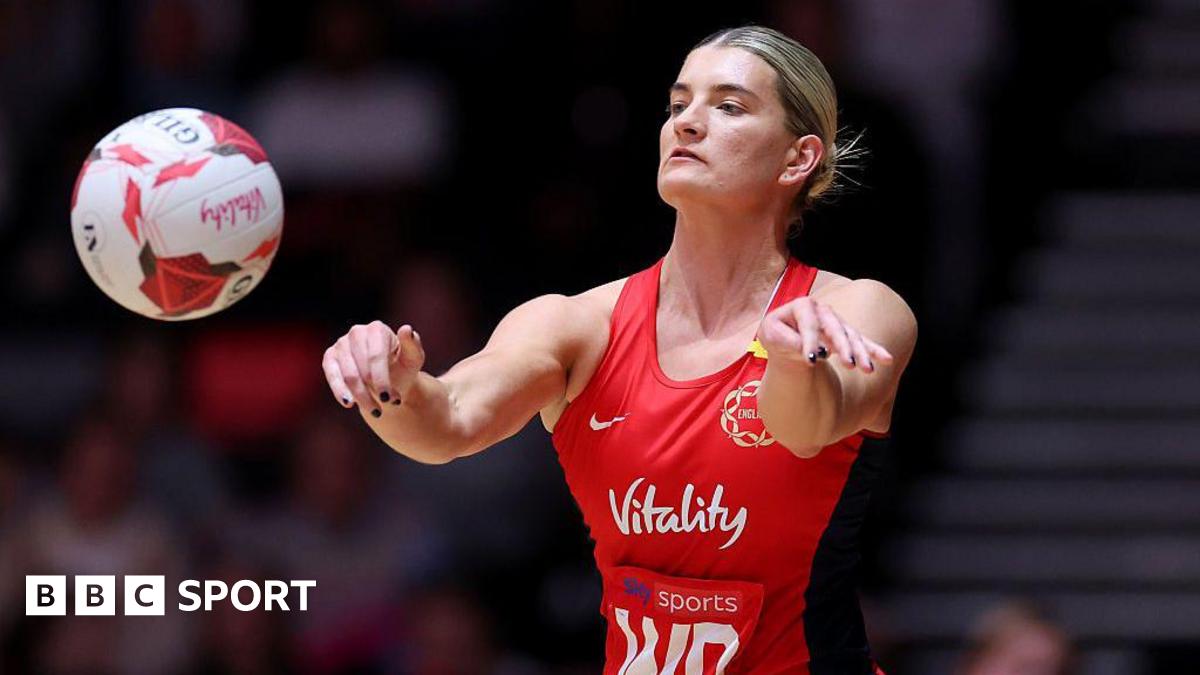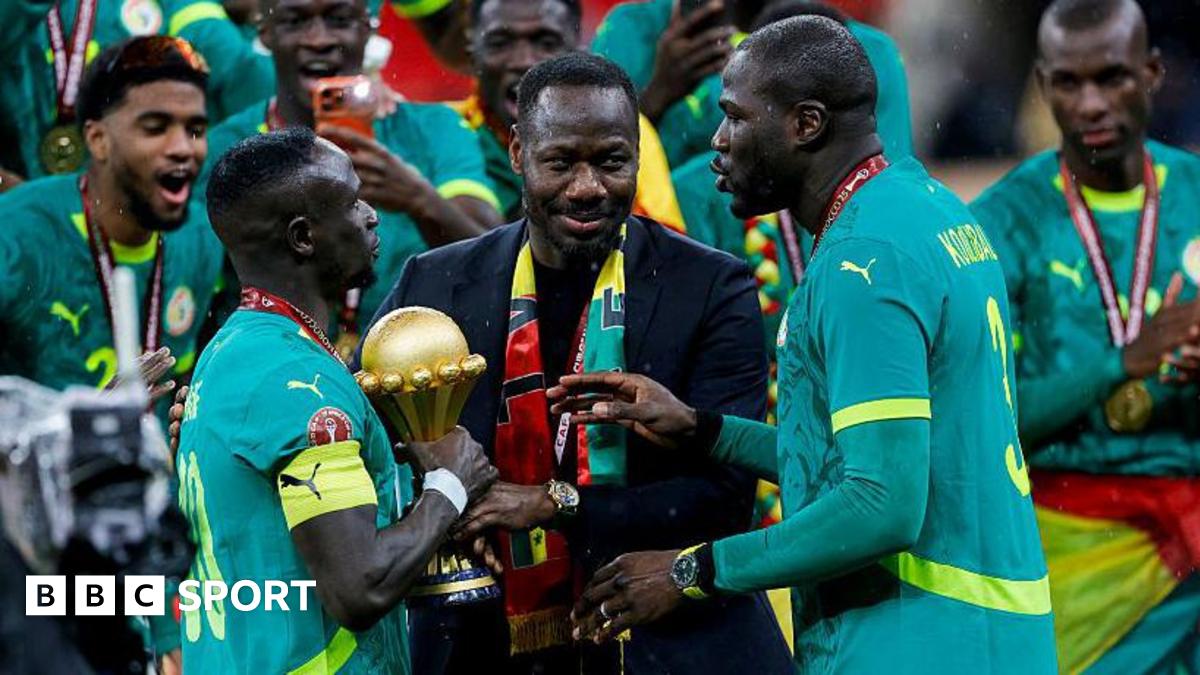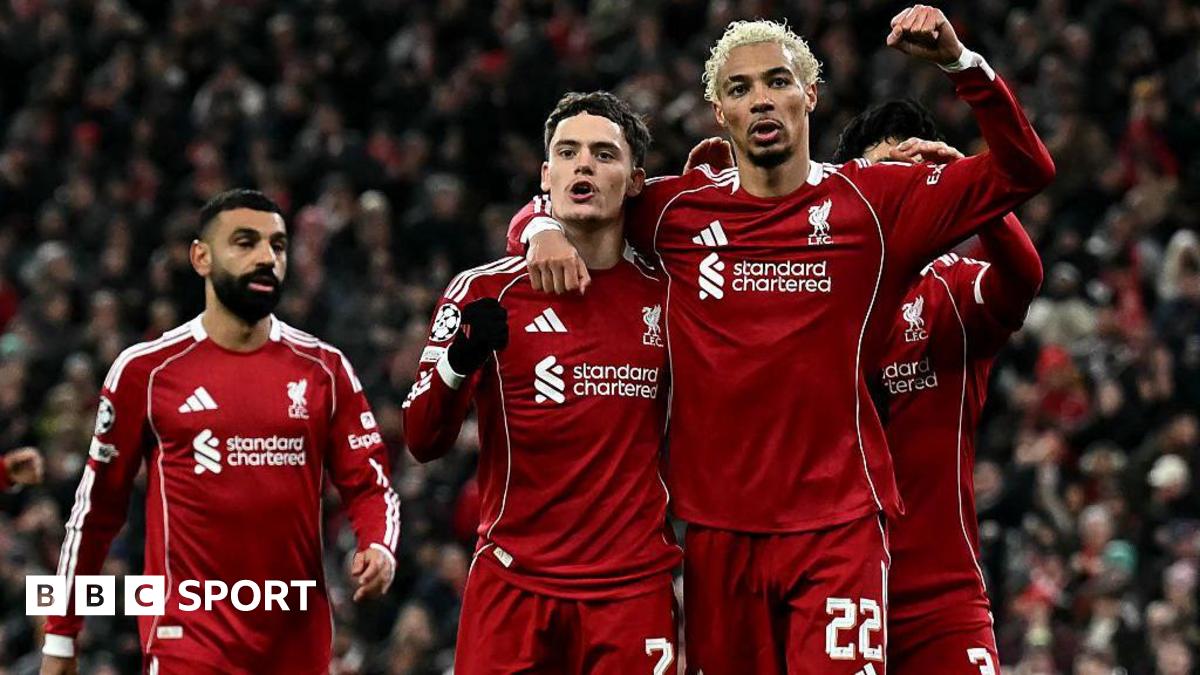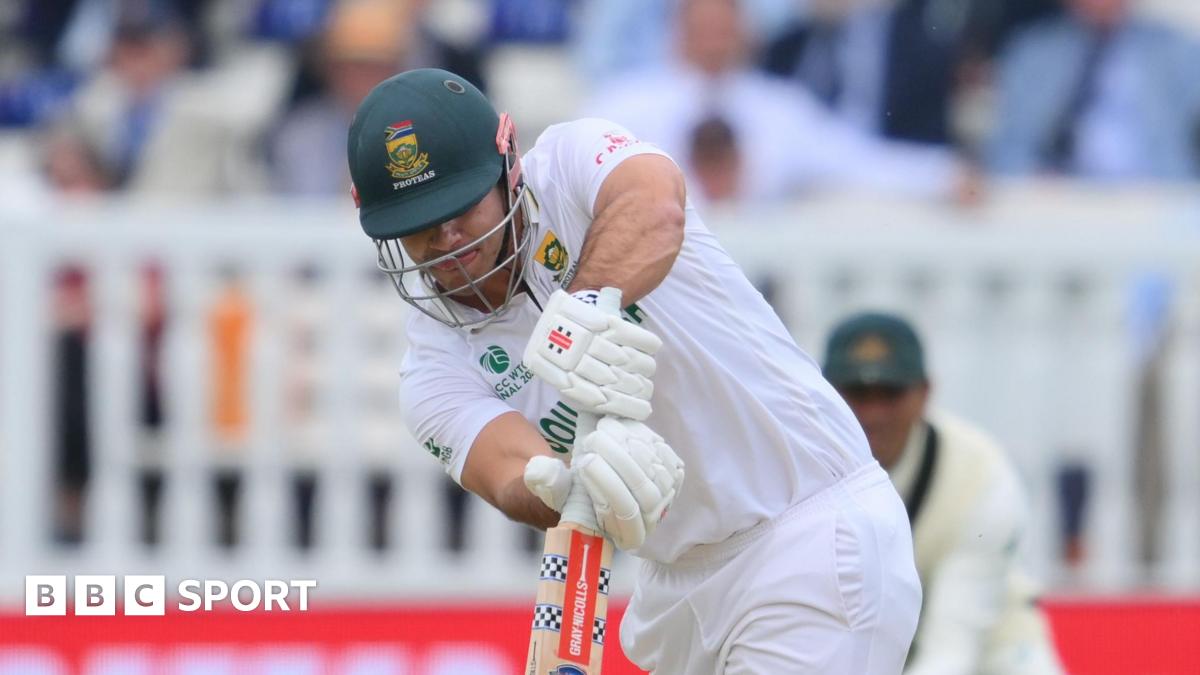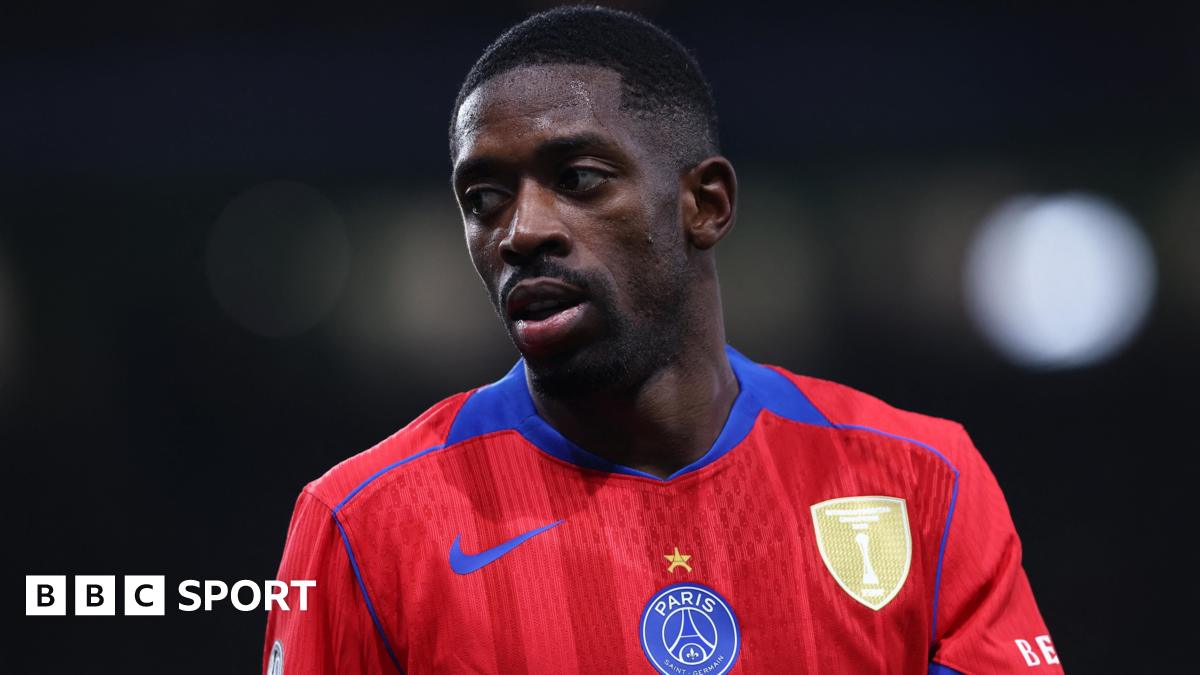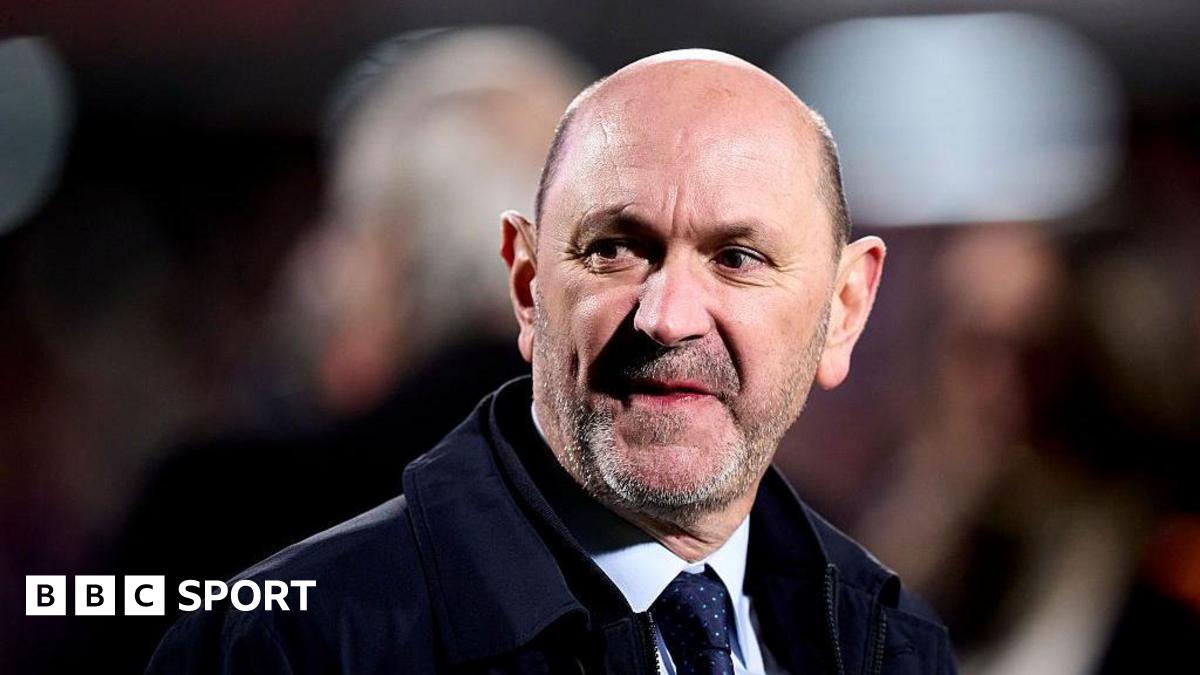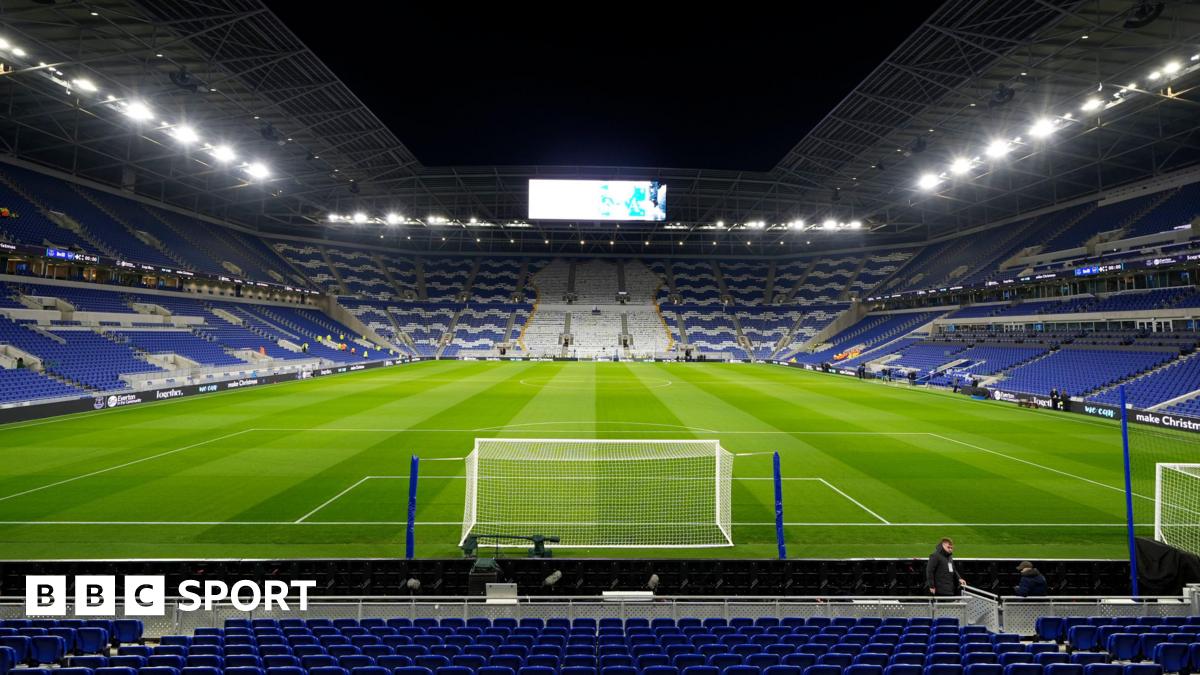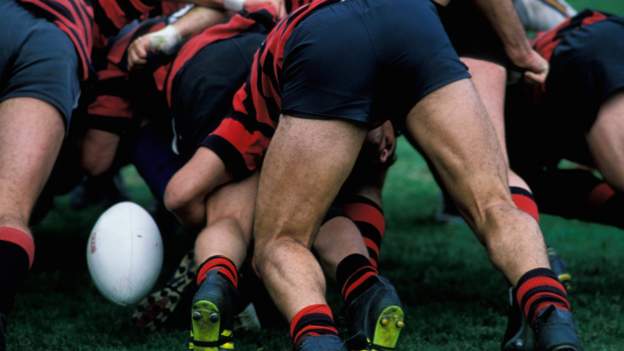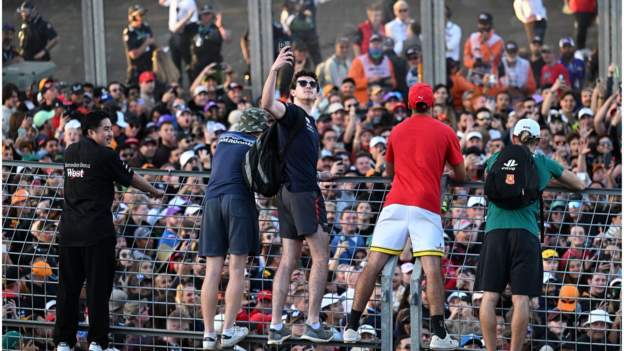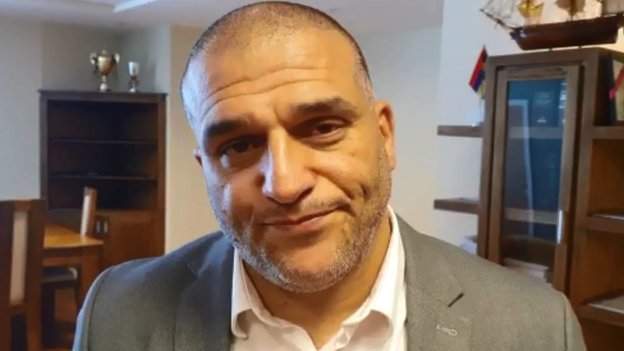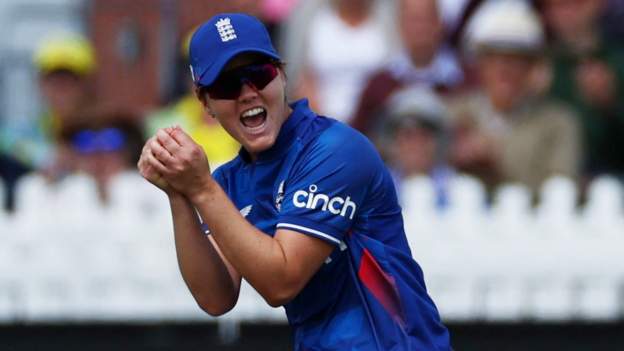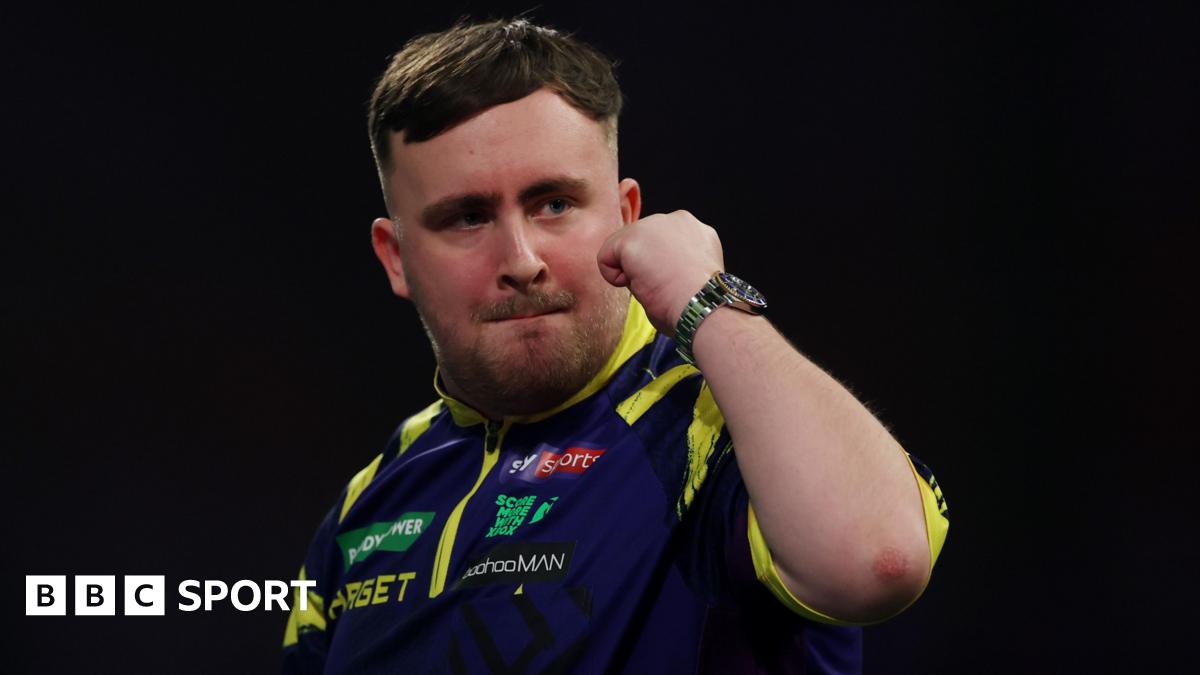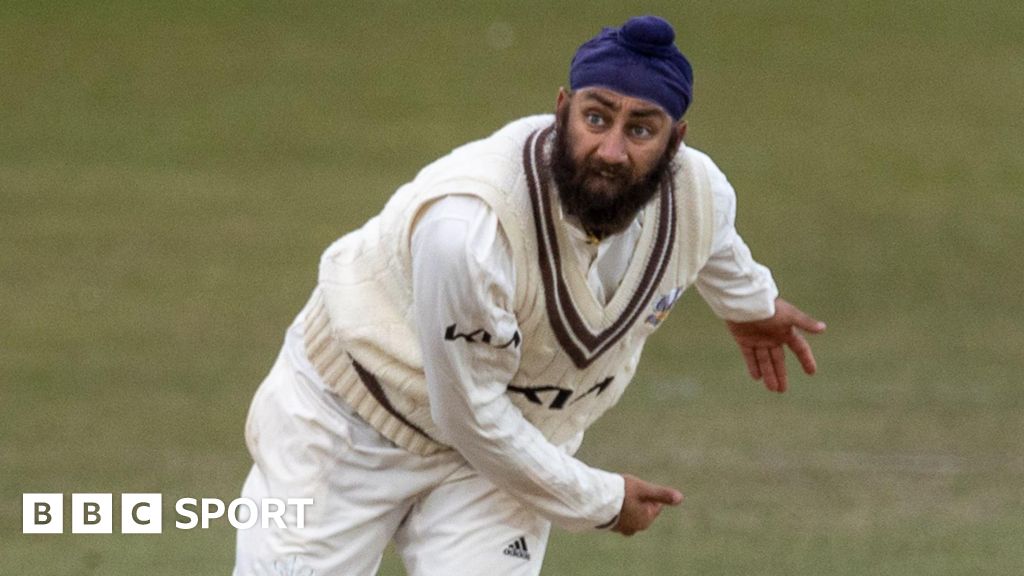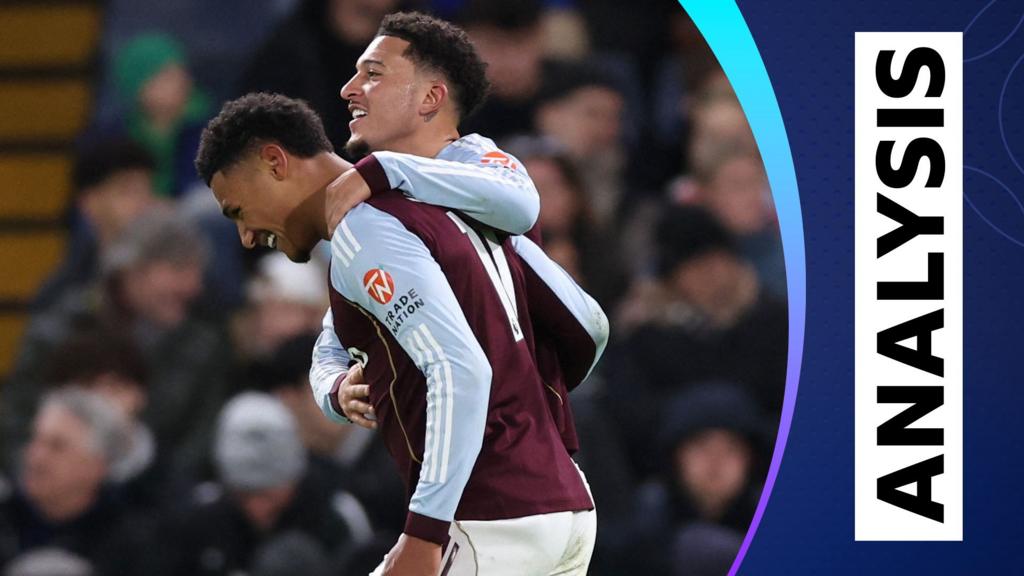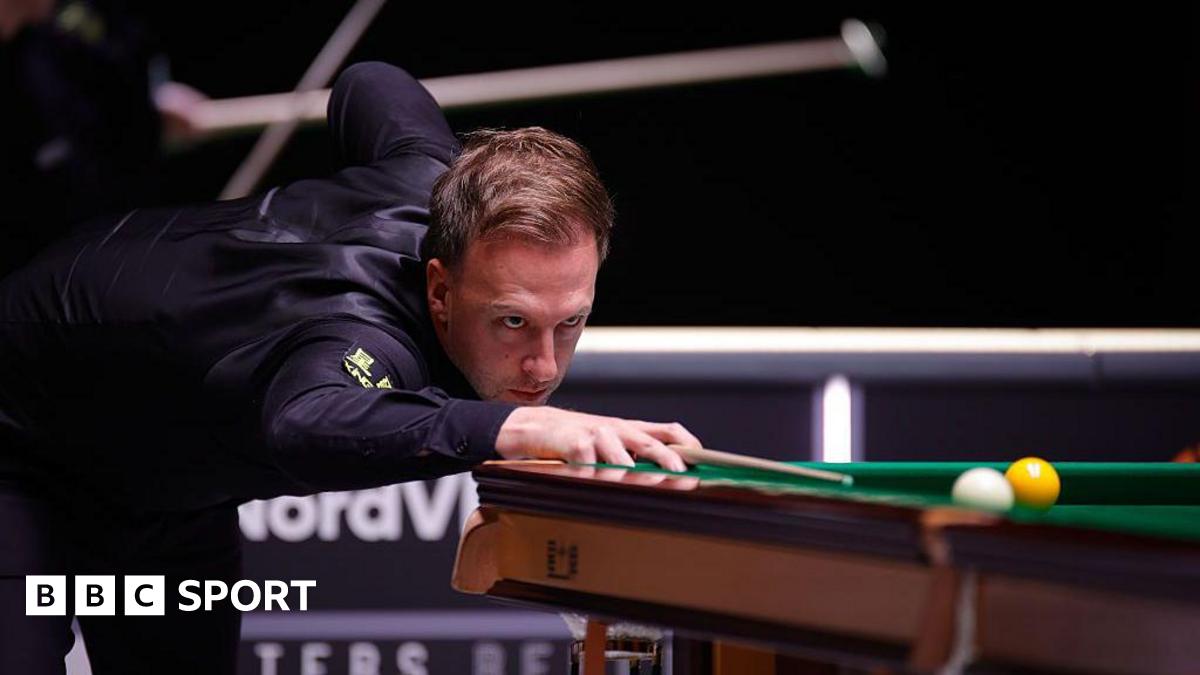A group of former football, rugby league and rugby union players who are taking legal action claiming they suffered brain injuries playing their respective sports has grown to 378.
The new claimants include 100 former rugby league players, 40 ex-rugby union players and 14 former footballers.
Lawyers are due to file the claims at the High Court on Tuesday.
More than 200 ex-rugby players began action last year and legal experts said the claims could exceed £300m.
Former Wales and British and Irish Lions rugby union wing Dafydd James, 47, has revealed to the BBC that he is one of the former players diagnosed with early on-set dementia.
The claimants allege the games’ governing bodies were negligent in failing to take reasonable action to protect players from permanent injury caused by repetitive concussive and sub-concussive blows.
“There is remarkable consistency of symptoms across all these contact sports and it’s very grim,” said Richard Boardman of sports legal firm Rylands Garth, which is acting for all the claimants.
“Everybody, the lawyers included in this matter, are all fans of these sports our main priority is looking after our guys and female payers as well with brain damage and they need urgent clinical support and damages for themselves and their families.
“We ultimately want these sports to survive well into the future, but clearly urgent, immediate changes are needed.”
Former rugby union stars involved in the claim include former British and Irish Lion and Wales captain Ryan Jones, England international and World Cup winner Steve Thompson and former Wales international Alix Popham.
Wales Rugby Union, the Rugby Football Union and World Rugby – the game’s governing body – said they continue to await the full details of the claims being made against them.
They added in a joint statement: “We care deeply about every member of the rugby family and have been saddened by the brave personal accounts of Dafydd and other former players who are struggling with health issues.
“Whilst legal claims prevent us from speaking to Dafydd directly, we would want him and his family to know that we care, we listen, and we never stand still when it comes to further cementing rugby as the most progressive sport on athlete welfare.
“Acting on the latest science, evidence and independent expert guidance, we constantly strive to safeguard and support all our players – future, current, and former. Rugby is a leader in the prevention, management and identification of head impacts and World Rugby also proactively funds transformational research, embraces innovation and explores technology that can make the sport as accessible, inclusive and safe as possible for all participants.”
‘It’s more of a problem to the people that you love around you’
Colin Gibson remembers lifting the European Cup with Aston Villa in 1982.
Time may have eroded some of the clarity, but the emotion of the victory over Bayern Munich in Rotterdam 41 years ago remains.
“I remember all the joy”, said the 62-year-old, who was a substitute that day.
“I’m a bit of a winner, I loved to win and even if we played badly and won it, I was a lot happier than if we played brilliantly and lost. It was all about winning and it was a fantastic experience. I’d do it again in a heartbeat.”
Gibson also remembers his goal for Manchester United against Liverpool in 1986 when Bruce Grobbelaar spilled his initial shot at The Kop end. Similarly, he recalls the screamer of a free kick he scored later that same season in the Manchester derby.
But now Gibson will sometimes go out in the car and be back home five minutes later having forgotten why he left the house.
And as trivial as that sounds, it’s a symptom of something more.
“That was happening more and more and I thought this was a bit strange, we need to do something about it,” said GIbson’s wife Kim.
“I probably nagged him a bit too much, but I said let’s just go and check, maybe nothing, but it could be something.”
It was something. In 2019 Colin was diagnosed with early onset Alzheimer’s.
“Obviously it affects me, don’t get me wrong, but it affects the kids, you’re not sure if they say something you’re going to remember it,” he said.
“If they’re going to bring the grandkids round, do I remember they were bringing the grandkids round? Things like that, it’s more of a problem to the people that you love around you.”
Gibson, who also played for Leicester City and Walsall, is one of 15 former footballers now pursuing legal action against the game’s governing bodies for negligence.
As for the governing bodies. they are still working out how best to deal with concussion.
A study into reducing the risk of dementia in former footballers, funded by the FA and world governing body Fifa, was launched last year.
Last month the Premier League said it was “disappointed” that a trial of temporary concussion substitutes has been rejected by football’s law-making body, the International Football Association Board (Ifab).
“The game today has got a lot of money in it and that money is there for the players because of us and the guys who played 40 years before us and 40 years before them,” said Gibson.
“Use the research that is being found out by my condition, other people’s conditions and use that for their own benefit to improve and make the game safer.”
On why he has joined the claim, he explained: “We’re putting our names down to say ‘is there any health and safety that the FA should have done’?
“If you look at most occupations and somebody has smacked their head and got 11 stitches down their head, they’d send you home, put you to hospital.
“They wouldn’t stitch you back up and throw you back on the pitch.
“So there comes a point where there may well have been a problem with that and that’s something, everybody has got to look at this and look at it properly.
“Nobody is going to take away that there’s not a problem, because there is.”
The Football Association has been approached by the BBC for comment.
‘I was never told of any risks’
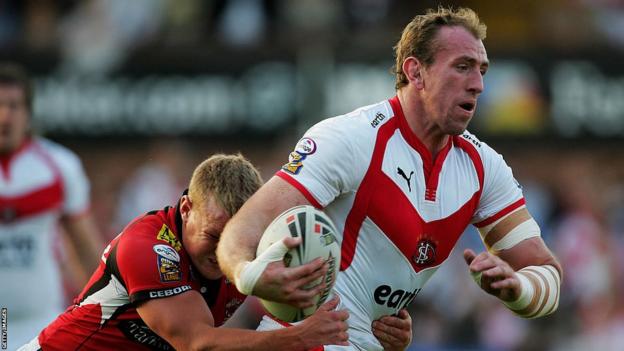
Nick Fozzard was a tough guy in a tough sport.
“I once broke my cheekbone, tore my eye ligaments, got concussed,” he said. “I only found out I’d done all that damage a few weeks later. I missed one game.”
At 6ft 3in and nearly 17 stones, the former prop forward admits it was the “brutality” of rugby league that attracted him to it.
“The issue isn’t getting hurt, you’re going to get hurt playing rugby league but when you get hurt you need to be fixed afterwards as best you can be and the systems need to be put in there.”
Fozzard had a distinguished Super League career notably for Leeds Rhinos, Warrington Wolves and St Helens, winning one Great Britain cap.
Now 45, he has been diagnosed with early on-set dementia and probable Chronic Traumatic Encephalopathy (CTE).
It is why he’s one of 100 former rugby league players who are filing legal claims against the sport’s governing body in the UK, the Rugby Football League (RFL).
“I was never told of any risks. No one said ‘listen this is a really rough, tough sport, these are the risks, this is what could happen to you if you play it and then you know what the score is’.
“But I didn’t know the score. I didn’t know I was going to forget everybody’s names of friends and it would change my personality.”
The Rugby Football League says it provides support to former professional players through its charity partner RL Cares.
It added: “The RFL takes player safety and welfare extremely seriously, and it has been desperately sad to hear of any players’ difficulties.
“Rugby league is a contact sport and, while there is an element of risk to playing any sport, player welfare is always of paramount importance.
“As a result of scientific knowledge, the sport of rugby league continues to improve and develop its approach to concussion, head injury assessment, education, management and prevention across the whole game.
“We will continue to use medical evidence and research to reinforce and enhance our approach.”
“You do get a bit scared,” said Fozzard.
“My fiancé is scared, how long has she got me for and even though I’m here, how long am I going to be me for? Traumatic brain injuries, dementia and CTE, it’s a very serious and worrying thing that no one knows the extent of how quickly your regression will be.
“I’m pretty lucky with the support that I’ve got but not everybody has got that support system.”

